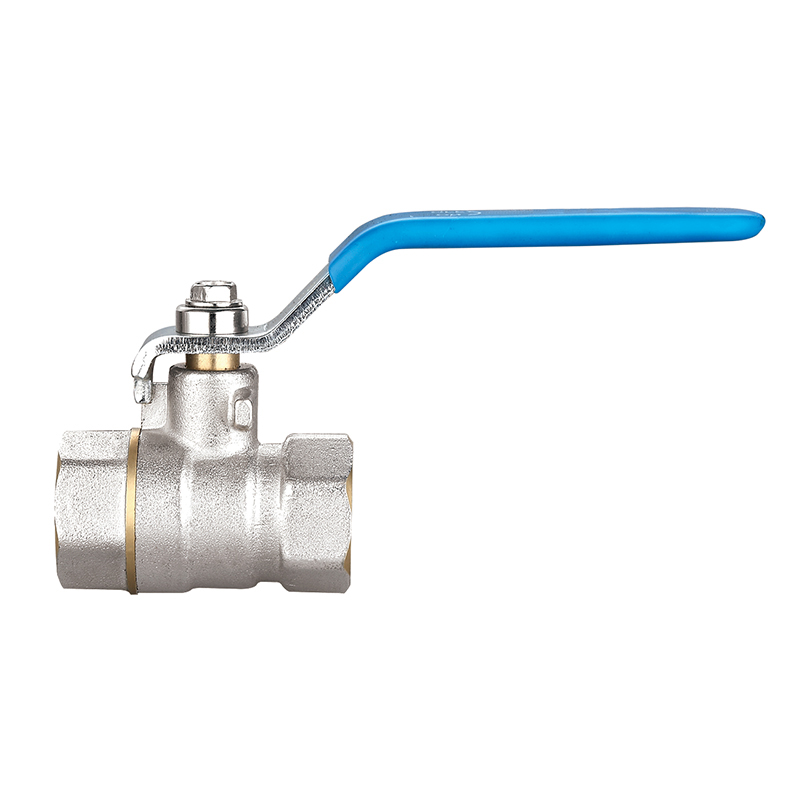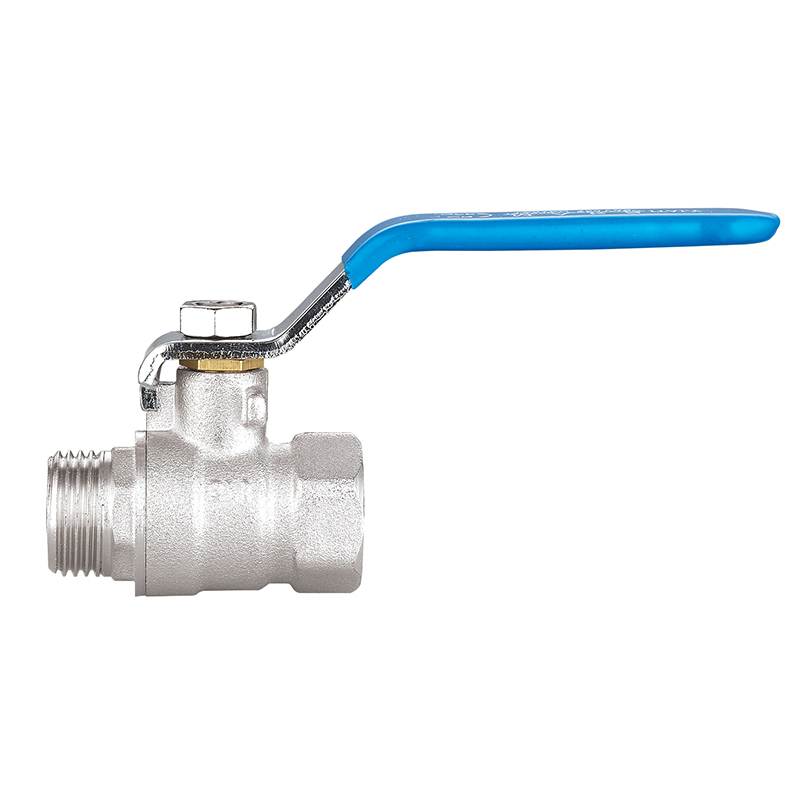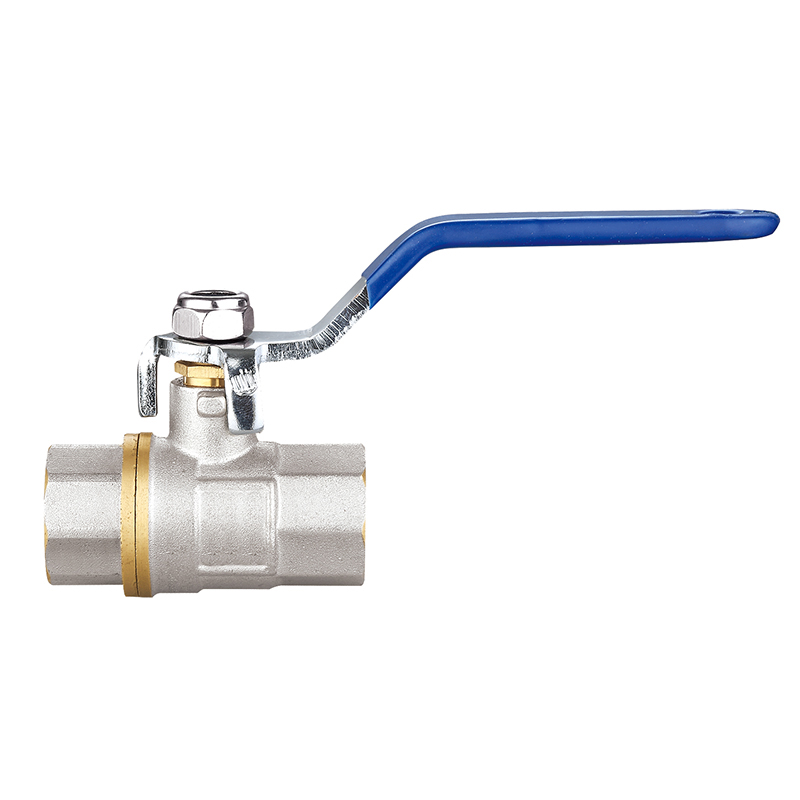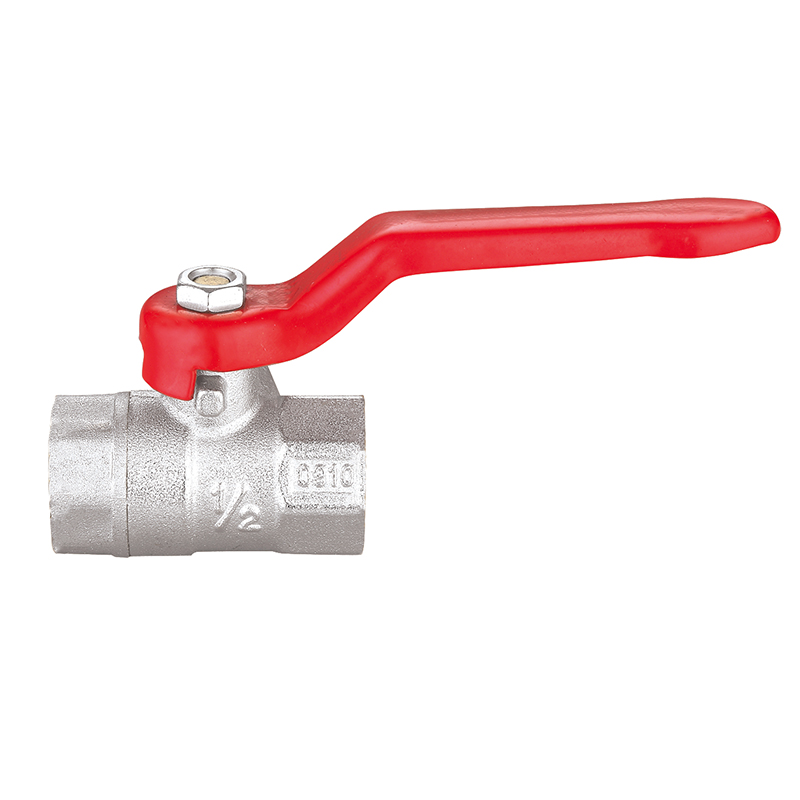Brass Foot Valves: Essential Components for Pump Protection and Efficient Fluid Handling
2025-07-11
Brass foot valves play a crucial role in fluid systems, particularly in pumping applications where maintaining prime and preventing backflow are essential for reliable operation. Positioned at the bottom of pump suction lines, these specialized check valves combine the functionality of a non-return valve with an integrated strainer, ensuring that only clean fluid enters the pump while stopping any reverse flow when the pump is off.
Constructed primarily from brass—a material valued for its corrosion resistance, durability, and machinability—brass foot valves are widely used in water supply systems, irrigation, industrial processes, and other applications requiring dependable suction line protection.
What is a Brass Foot Valve?
A brass foot valve is a type of check valve specifically designed to be installed at the end of a pump’s suction line, usually submerged in the fluid source such as a well, tank, or reservoir. It prevents the backflow of liquid when the pump is turned off, maintaining the pump’s prime—the column of fluid within the suction pipe—which is critical for pump operation.
Unlike standard check valves, foot valves feature a built-in strainer or screen that filters out debris, sediment, and other particles. This dual function not only protects the pump from damage caused by clogging or abrasive materials but also ensures smoother fluid flow and reduced maintenance.
Key Features of Brass Foot Valves
1. Durable Brass Construction
Brass is material for foot valves due to its corrosion resistance against water, mild chemicals, and atmospheric conditions. It offers mechanical strength to withstand the pressure of pumping operations while maintaining dimensional stability over time.
2. Integrated Strainer
The strainer mesh or perforated plate prevents debris, leaves, sand, and other solids from entering the pump. This feature helps avoid pump wear, cavitation, and blockages, significantly extending the service life of the pumping equipment.
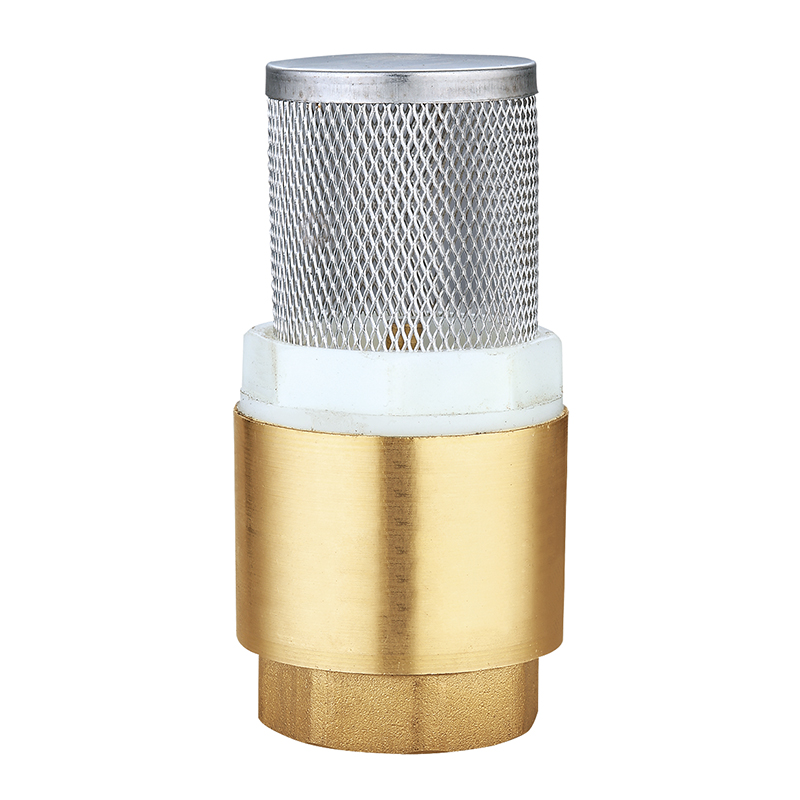
3. Reliable Non-Return Mechanism
The internal check valve automatically closes when the pump stops, preventing the fluid from flowing back into the source. This mechanism is typically spring-assisted or relies on gravity to seat the valve tightly, ensuring a secure seal and consistent prime.
4. Easy Installation and Maintenance
Brass foot valves come with threaded or flanged connections to fit various suction pipe sizes. Many designs allow disassembly for cleaning or replacing the strainer and valve components without removing the entire assembly from the suction line.
Types of Brass Foot Valves
1. Spring-Loaded Foot Valves
Equipped with a spring mechanism, these valves provide a positive seal by pressing the valve disc firmly against the seat. This design is effective for high-pressure systems and ensures quick closing to prevent backflow.
2. Gravity-Operated Foot Valves
Relying on the weight of the valve disc and gravity, these valves are simpler but suitable primarily for vertical suction lines and lower-pressure applications. They are easier to maintain but may not provide as tight a seal as spring-loaded versions.
3. Strainer Mesh Variations
Strainers vary in mesh size and material depending on the fluid characteristics and contamination levels. Fine mesh is used for clean water systems, while coarser screens are in applications with heavier debris loads.
Advantages of Using Brass Foot Valves
Pump Protection: By filtering debris and preventing backflow, brass foot valves reduce wear and tear on pumps and avoid costly downtime.
Maintained Pump Prime: Preventing loss of suction helps pumps start easily and operate efficiently, reducing energy consumption and mechanical strain.
Corrosion Resistance: Brass construction ensures long-lasting performance even in harsh water conditions or outdoor installations.
Reduced Maintenance: The integrated strainer the frequency of cleaning and repairs, lowering overall operational costs.
Versatility: Suitable for a wide range of fluids and compatible with various pump types and sizes.
Typical Applications
1. Water Supply Systems
Used extensively in municipal and residential water supply pumps to maintain consistent flow and protect against debris entering from wells, reservoirs, or storage tanks.
2. Agricultural Irrigation
Brass foot valves ensure reliable operation of irrigation pumps drawing water from ponds, canals, or boreholes, preventing clogging and maintaining efficient watering cycles.
3. Industrial Fluid Handling
In manufacturing and processing plants, these valves protect pumps that handle cooling water, chemical fluids, or other liquids requiring contamination control.
Whether you want to become our partner or need our professional guidance or support in product selections and problem solutions, our experts are always ready to help within 12 hours globally.




 русский
русский Español
Español عربى
عربى